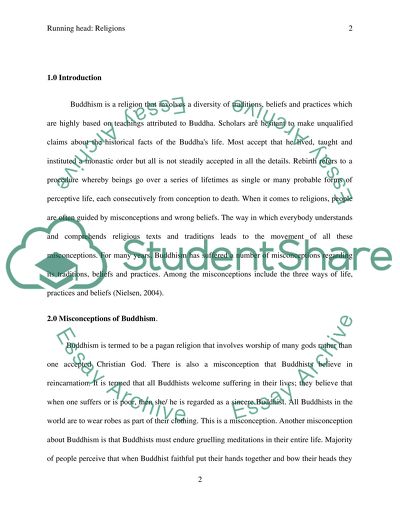Cite this document
(“Misconceptions of Buddhism Research Paper Example | Topics and Well Written Essays - 1500 words”, n.d.)
Retrieved de https://studentshare.org/religion-and-theology/1443843-assignment
Retrieved de https://studentshare.org/religion-and-theology/1443843-assignment
(Misconceptions of Buddhism Research Paper Example | Topics and Well Written Essays - 1500 Words)
https://studentshare.org/religion-and-theology/1443843-assignment.
https://studentshare.org/religion-and-theology/1443843-assignment.
“Misconceptions of Buddhism Research Paper Example | Topics and Well Written Essays - 1500 Words”, n.d. https://studentshare.org/religion-and-theology/1443843-assignment.


